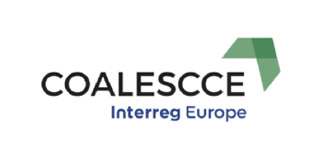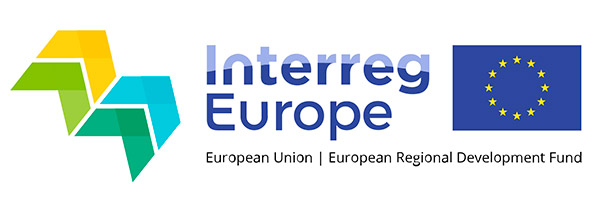PROJECT PARTNERS
The consortium consists of 7 partners:
FULL PROJECT INFORMATION
To increase the capacity for community based approaches to local renewable energy provision across Europe in order to reduce carbon emissions, increase energy security and tackle fuel poverty whilst driving ‘Green Growth’.
For this project, community energy is defined as the provision of energy infrastructure, primarily renewable energy generating infrastructure but also energy efficiency measures, led by community groups and owned wholly or partly by local communities typically through the issue of community shares, using local supply chains and providing local employment opportunities, motivated by the objectives of environmental improvement and keeping the value of energy generation within the local population rather than it going to large national and multinational corporations. Although one key aspect of community energy is local community ownership of projects, this does not mean that finance for every development stage of a community energy project is easy to come by, or that the state should not support such projects either through direct or indirect means (grants, loans, expertise or market mechanisms).
Currently state interventions are skewed towards support of large corporations which offer poor value to local communities, keeping it at a corporate level. The project seeks to increase investment in local community energy investment via support from Structural Fund and ETC programmes. Integrated regional low-carbon strategies need to focus more on community energy investments to reach these targets, but there is currently significant disparity across the member territories in this policy area: where some have none at all, those who do vary substantially in the levels of interventions and stakeholders that they favour and therefore their outcomes, in particular in the share of renewable energy infrastructure owned by communities and supported through the relevant structural fund programmes. COALESSCE aims to address this disparity.
The objective of the project is to strengthen policies to support “community energy” by developing action plans in the different participating regions to improve funding and facilitate the implementation of such projects.
To achieve this, the methodology based on “peer-review” is used, which consists of carrying out a detailed analysis of the situation in each region, by an expert committee from the other regions. Based on this analysis, a plan of action is drawn up for possible concrete and realistic actions to be carried out in each region in order to improve the energy strategy regarding this kind of projects.




